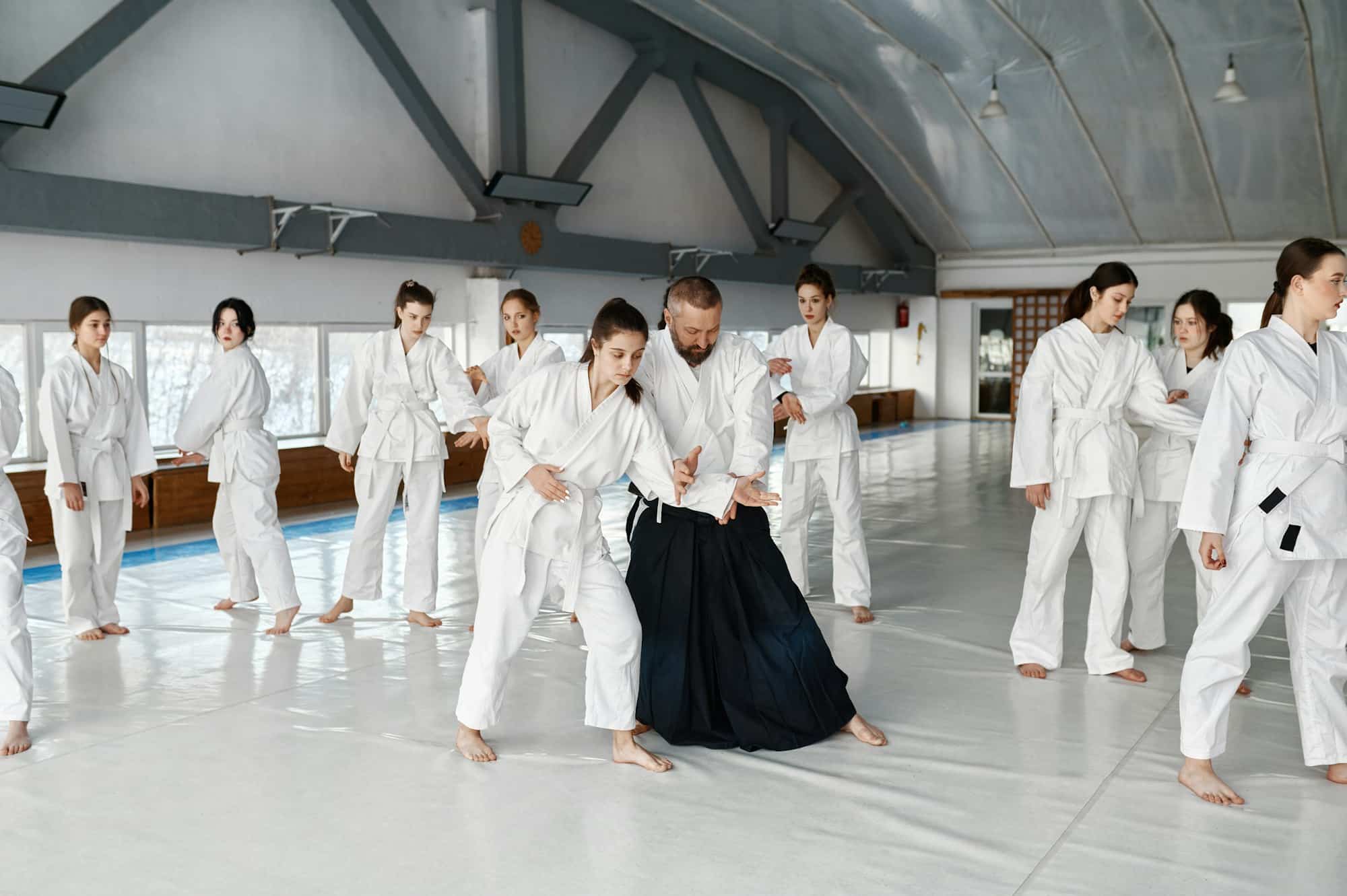Choosing the right footwear can make all the difference for marathon runners in the UK, especially when it comes to protecting your knees. With miles of pavement ahead, selecting shoes that offer proper support and cushioning is essential. Discover top footwear options designed to minimize impact, enhance comfort, and promote optimal running form. Read on to explore how the right shoes can keep you going strong, mile after mile.
Overview of Knee Health in Marathon Running
Maintaining knee health is crucial for marathon runners, as it directly impacts performance and longevity in the sport. Marathon running places significant stress on the knees, making them susceptible to injuries. Common knee injuries include patellofemoral pain syndrome, runner's knee, and IT band syndrome. These conditions can hinder training and lead to long-term damage if not addressed promptly.
This might interest you : Top Natural Solutions to Combat Seasonal Allergies: A Guide for UK Residents
Injury prevention strategies are essential for runners to minimise risks. Incorporating strength training, stretching, and proper rest can help maintain knee stability and flexibility. Additionally, choosing the right footwear plays a pivotal role in preserving knee health. Shoes with adequate cushioning and support can absorb impact and reduce strain on the knees. Regularly replacing worn-out shoes is also vital to ensure continued protection.
Understanding the importance of knee health and implementing preventive measures can enhance a marathon runner's experience, allowing them to achieve their goals safely.
Have you seen this : Top UK Dietary Strategies for Effectively Managing PCOS Symptoms
Key Features to Look for in Marathon Footwear
Choosing the right footwear features is essential for marathon runners aiming to protect their knees and enhance their performance. One of the most crucial aspects to consider is cushioning. Adequate cushioning in the shoes helps absorb the shock generated with each stride, reducing the impact on the knees. This feature is particularly vital during long-distance runs, where the repetitive stress can lead to injuries.
Another important feature is arch support. Proper arch support plays a significant role in maintaining knee alignment. It ensures that the foot lands correctly, preventing undue stress on the knee joint. Without adequate support, runners are at risk of developing conditions like overpronation, which can lead to knee pain and other injuries.
Stability features in marathon footwear are also critical. These features help prevent overpronation, a condition where the foot rolls inward excessively during running. Shoes designed with stability in mind provide the necessary support to keep the foot aligned, thus reducing the risk of knee injuries. When selecting marathon footwear, considering these key features can make a significant difference in maintaining knee health and achieving running goals safely.
Top Footwear Brands for Marathon Runners in the UK
Selecting the right marathon running shoes is crucial for maintaining knee health and enhancing performance. Here, we explore some of the best footwear brands available in the UK, renowned for their innovative designs and features.
Brand 1: Overview and Features
Nike is a leading brand offering a range of marathon running shoes with advanced technology. Their shoes are known for exceptional cushioning, providing comfort and reducing knee impact. Nike's Flyknit technology ensures a snug fit, enhancing stability and support throughout the run.
Brand 2: Overview and Features
Adidas is another top choice, celebrated for its Boost technology, which delivers energy return and superior cushioning. This feature helps in absorbing shock, making long-distance runs less strenuous on the knees. Adidas shoes also offer excellent arch support, contributing to proper knee alignment.
Brand 3: Overview and Features
Asics stands out with its Gel technology, designed to provide maximum cushioning and shock absorption. This brand focuses on stability features, ensuring runners maintain proper foot alignment, thereby reducing the risk of knee injuries. Asics is synonymous with durability and comfort, making it a favourite among marathon runners in the UK.
Comparative Analysis of Recommended Models
In the realm of footwear comparison for marathon runners, understanding the nuances between different models is essential. Let's delve into a detailed model analysis focusing on cushioning, support, durability, and overall performance.
Cushioning and Support
When evaluating running shoe reviews, the level of cushioning is paramount. Nike's models, for instance, are celebrated for their plush cushioning, which effectively absorbs impact, making them a preferred choice for those prioritising knee protection. In contrast, Adidas' Boost technology offers a responsive cushion that not only absorbs shock but also returns energy, enhancing stride efficiency. Asics, with its Gel technology, provides targeted cushioning that adapts to the runner's foot dynamics, offering a balance between softness and stability.
Durability and Performance
Durability is another critical factor in this footwear comparison. Nike's Flyknit material is both lightweight and durable, ensuring longevity without compromising on comfort. Adidas shoes are known for their robust construction, often outlasting competitors in terms of wear and tear. Asics, renowned for their high-quality materials, offer shoes that withstand the rigours of marathon training, maintaining performance over extended periods.
User Testimonials and Expert Recommendations
User testimonials often highlight the strengths and weaknesses of each model. Nike users frequently praise the comfort and snug fit, while some mention that the durability could be improved. Adidas shoes receive accolades for their energy return and arch support, though a few users note a break-in period. Asics is highly recommended by experts for its stability features, with users appreciating the consistent performance and comfort, even on long runs.
In conclusion, while each brand offers unique advantages, selecting the right model depends on individual needs and preferences. Whether prioritising cushioning, durability, or support, understanding these aspects can guide runners in making an informed decision.
Tips for Choosing the Right Footwear
Selecting the perfect footwear is a critical decision for marathon runners, as it directly influences comfort and knee protection. A well-fitting shoe can prevent injuries and enhance performance.
Importance of Proper Fitting
When it comes to footwear selection, ensuring a proper fit is paramount. Shoes that are too tight can cause discomfort and restrict blood flow, while those that are too loose may lead to instability and increase the risk of injury. A shoe that fits well provides the necessary support, reducing the strain on the knees during long runs. It's essential to consider both the length and width of the shoe, as well as the arch height, to ensure optimal comfort and support.
Testing Shoes for Knee Protection
To assess a shoe's ability to protect your knees, it's crucial to evaluate its cushioning and stability features. High-quality cushioning absorbs the impact of each step, lessening the burden on your knees. Stability features help maintain proper foot alignment, preventing conditions like overpronation that can lead to knee pain. When trying on shoes, simulate running motions to gauge how well they support your knee health.
Recommendations for Trying on Shoes
Before making a purchase, it's advisable to try on multiple pairs of shoes to find the best fit. Visit a store in the afternoon or evening, as feet tend to swell throughout the day, and wear the socks you plan to use during runs. Walk or jog in the store to get a feel for how the shoes perform. Remember, a comprehensive buying guide will always recommend prioritising comfort and support over style or brand.
Additional Strategies for Protecting Your Knees
Ensuring knee protection while running involves more than just choosing the right footwear. Incorporating a variety of running tips and injury prevention strategies can significantly enhance knee health and performance.
Importance of Cross-Training and Strength Exercises
Cross-training is a vital component of a runner's regimen. Engaging in activities such as swimming or cycling can reduce repetitive stress on the knees, allowing them to recover while maintaining cardiovascular fitness. Strength exercises, particularly those targeting the quadriceps, hamstrings, and calves, are crucial. They enhance muscle support around the knee joint, improving stability and reducing injury risk.
Role of Stretching and Warm-Up Routines
Proper stretching and warm-up routines are fundamental for preparing the body for the demands of running. Dynamic stretches, like leg swings and lunges, increase flexibility and blood flow to the muscles, priming them for activity. A thorough warm-up can prevent strains and sprains, contributing to long-term knee health.
Insights on Recovery and Rehabilitation Practices
Recovery is as important as training itself. Incorporating practices such as foam rolling and massage can alleviate muscle tightness and improve circulation, aiding in faster recovery. Rehabilitation exercises, especially after an injury, should focus on restoring strength and flexibility. Consulting with a physiotherapist can provide tailored exercises to ensure a safe return to running, minimising the risk of further injury.











